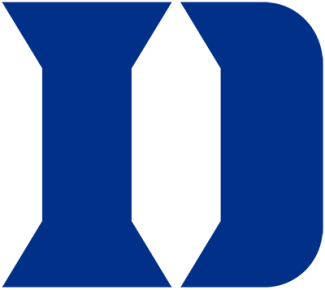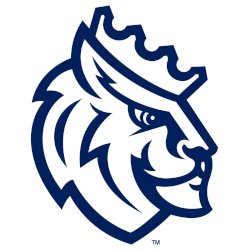Last May, women’s lacrosse players raised their sticks at the beginning of games to show solidarity with the Delaware State women’s lacrosse team after details emerged of an unwarranted search and seizure of the team bus by Georgia police during a road trip.
Teams also issued releases on social media and had public address announcers read words condemning racism.
The gesture was nice. Appreciated even. But was it enough? Certainly not.
“It’s one thing to raise a stick,” Delaware State head coach Pamella Jenkins said. “It’s another thing to actually reach out.”
Boston College was proactive, inviting the Hornets to a team tailgate last spring. In November, Delaware State and Howard, another Historically Black College and University (HBCU), got another invite. This one came from North Carolina head coach Jenny Levy, who wanted to know if the teams were interested in starting the 2023 season in Chapel Hill as the first game of a doubleheader that would also include the defending champs’ bout with James Madison.
Jenkins was a quick yes.
“I thought it would be great for our team, a great way to start off the season, especially given how our season ended last year — to be able to play on the road in that environment and have that positive platform,” Jenkins said. “We were all in.”
The date — the day before the Super Bowl — felt appropriate.
“On Super Bowl weekend, we got to play our Super Bowl game,” Jenkins said. “Does it get better than that?”
Howard head coach Karen Healy-Silcott was more conflicted. The same weekend last year, Healy-Silcott and the Bison were subjected to racist and misogynistic comments from spectators during a game against Presbyterian, another moment highlighting the burden Black lacrosse players carry. Healy-Silcott knows people want to help, but the decision was not a no-brainer.
“It was a bit of a hard decision,” Healy-Silcott said. “It didn’t come without uncertainties. There’s optics around it. There are people [online] who were vocal about their displeasure of us playing there … There was a fear that it was performative.”
Ultimately, Healy-Silcott and the Bison decided to go.
“Why UNC?” Healy-Silcott said. “Why did we go there? The reality is that they had resources to do things we couldn’t do … Playing at an HBCU in a sport that is predominately white is hard. To ignore those differences is ignorant, but to judge my team’s actions for wanting to go and perform on the best stage is overstepping.”
Resources like ESPN-affiliated ACCX Network. Say what you want about cord-cutters. ESPN still has its luster in sports communities, and Healy-Silcott has the call log to prove it.
“The press and everything we got for this weekend did its job,” Healy-Silcott said. “I’ve been fielding calls from my peers, and one of the main questions is, ‘How can people show their support without having the fear of a white savior complex?’ It’s a badge of honor to be a Black lacrosse player, but it’s also exhausting and can feel hopeless at times. People want to help, but they don’t always know what to do. “
The truth is, there’s no straight answer.
“Even my players were conflicted about wanting to stay home,” Healy-Silcott said. “Sometimes, people are feeling strong and want to be a voice of change, and other times, you want to hide a little. All I know is that it meant something to my team to hear ‘Lift Every Voice’ on a campus other than our own. I knew it meant something because I could hear my girls singing.”
It was an unforgettable moment for Jenkins, too.
“We were all like, ‘Wow, is this really happening?’ We’re playing on the field of champions, and they’re playing ‘Lift Every Voice,’” Jenkins said. “It was an incredible moment for sure.”



























































